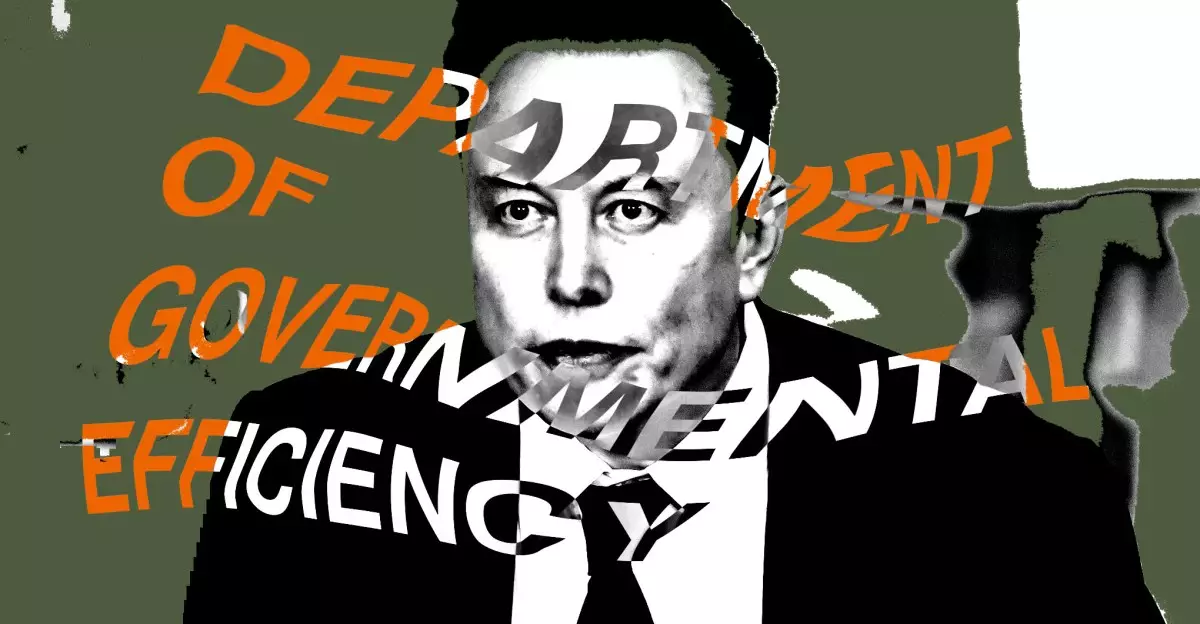On a recent Saturday, an email was dispatched to federal employees encouraging them to articulate their recent achievements by the following Monday night, an initiative stirred by none other than tech mogul Elon Musk. Musk’s involvement in this endeavor came amidst discussions on government accountability and efficiency, as he tweeted that this email would be a request for public service workers to account for their activities from the prior week. The communication originated from the Office of Personnel Management (OPM) and impacted various critical agencies, including the FBI and the State Department. However, the directive raised immediate concerns regarding its legality and the psychological toll it might exact on federal employees.
Critics have raised significant alarms regarding the potential overreach of this communication. Provisions within the federal civil service system were seemingly disregarded by the request, particularly the suggestion that inaction—specifically, failure to respond to the email—could be interpreted as a resignation. Legal experts, including University of Michigan law professor Sam Bagenstos, underlined the absurdity of the assertion, emphasizing that such a framework lacks any precedent in civil service statutes. Furthermore, the Washington Post reported that several analysts opined that adhering to this request could place employees in a legally precarious position, thus raising ethical concerns about its execution.
The ramifications of this directive stirred a wave of criticism not only from legal circles but also from prominent political figures. House Minority Leader Hakeem Jeffries issued a pointed statement condemning Musk’s actions, suggesting that his demands were not just unfeasible but also psychologically damaging to diligent federal employees and their families. Jeffries’ comments underscore a wider sentiment that Musk’s attempts at governance mimic his business approach—one characterized by a lack of understanding for established institutional frameworks, leading to unnecessary stress among workers.
This incident is not isolated within Musk’s tumultuous history as a corporate leader. Following his acquisition of Twitter, he famously implemented drastic measures under the guise of efficiency, mandating staff to justify their existence through performance reviews and threatening termination for non-compliance. The same pattern appears to have emerged with federal employees. Musk’s insistence on rooting out inefficiency and misconduct within the government mimics his corporate ethos but raises questions about qualifications and competency in understanding the complexities of public sector dynamics.
Musk’s methods, while potent in a corporate environment riddled with competition and market pressures, seem ill-suited for the intricate and regulated landscape of public service. His attempts to reform the federal workforce through ambiguous communication only serve to amplify anxiety among employees and undermine trust in leadership. The discord between business practices and civil service protocols may provoke a reevaluation of what effective governance in the public sector should entail. This incident could act as a catalyst for discussions about the necessity of clarity in expectations, respect for established laws, and the creation of a workplace culture that fosters well-being over intimidation.
As we ponder the overarching implications of this incident, it becomes clear that the blending of business-like demands with civil service responsibilities can yield a toxic atmosphere, ultimately harming both employee morale and institutional effectiveness. It presents a stark reminder that the fabric of government service requires a delicate touch, one that acknowledges its unique role within society.

